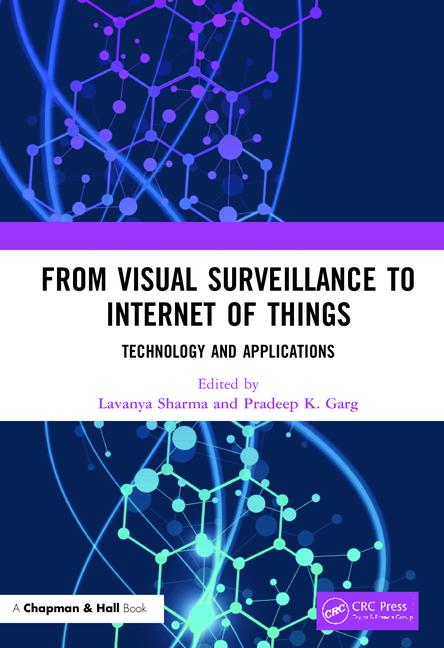Discussion of legal cases related to recordkeeping

The plaintiff operated a retail store and the defendant in the matter was the insurer, who provided theft coverage. The plaintiff’s storefront was burglarized, resulting in a loss of inventory. The plaintiff’s burglary alarm did trigger on the night of the theft, but the plaintiff claimed that the alarm was faulty.
The defendant denied coverage on the basis that the claimed loss was not credible.
The plaintiff maintained two claims: breach of contract; and breach of the implied covenant of good faith and fair dealing. The defendant maintained two affirmative defenses: failure to satisfy a condition precedent; and misrepresentation.
The plaintiff filed two motions. The first one was to exclude the testimony of the insurance company’s claims expert, which was denied but which will not be discussed in this article. The other was to exclude the alarm company’s alarm report and testimony from its person most knowledgeable of the circumstances on the basis that the evidence lacks foundation and is unreliable, irrelevant and unfairly prejudicial.
The court, in discussing the matter, indicated that to the extent the plaintiff challenged the admissibility of the report, the report is a business record subject to a hearsay exception. The plaintiff’s qualms with the contents and accuracy of the report could not call into question “a lack of trustworthiness” in its preparation. While the plaintiff challenged the alarm company’s person who prepared the report’s personal knowledge to testify about the report, the company representative established at deposition that he has personal knowledge sufficient to authenticate the report and discuss its contents.
The court held that the evidence is clearly relevant to establish the timing and duration of the burglary. The plaintiff’s desire to contest the veracity of the report did not present the basis for excluding it. The court went on to say that the plaintiff may attack the credibility of the alarm report and the representative’s testimony with contrary evidence and cross-examination. Therefore, the court denied the plaintiff’s motion to exclude the alarm company’s testimony.
Whenever a loss does occur where an alarm is installed, the probability is that the alarm company will either be named as defendant or called as a witness. In the case at hand, the alarm company was not designated as a witness, but points out the importance of maintaining adequate records in the event the matter goes to trial.
Looking for a reprint of this article?
From high-res PDFs to custom plaques, order your copy today!








